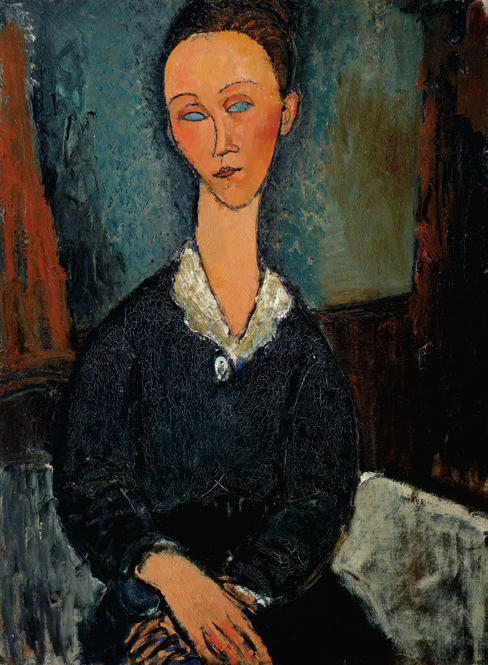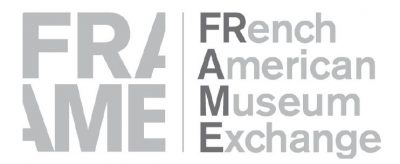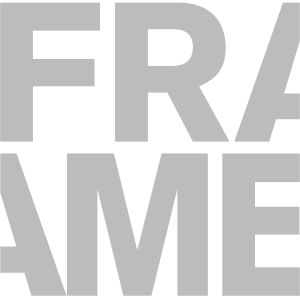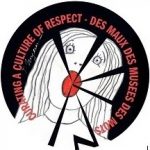Our Vision
FRAME’s Education Program is governed by a Vision Statement written collectively by the directors of education at our member museums:
Through co-creation and idea-sharing across member institutions in France and North America, the FRAME educator network is dedicated to innovative, adaptive, and reflective practice that enhances the art museum experience, ensuring the relevance of museums now and in the future. The educational programs of FRAME facilitate art-based dialogue and cultural exchange in order to foster social connectedness and understanding of universal values. Each collaboration between FRAME museums celebrates the power of art for improving lives – both for individuals and for society at large. FRAME educators work together by sharing ideas, experience and expertise with each other, serving as advisors to each other and developing new programs in collaboration with each other.
Characteristics
FRAME Education projects are shaped by the following characteristics:
Engagement with Museum Collections: Projects do not just teach about the collection but uses the collection to teach.
Co-creation: Collaborations take advantage of and respect the diverse experiences and perspectives of member colleagues (in France and the US/Canada) and visitors.
Wellness and Well Being for All: FRAME education projects create an experience that contributes to the general well being of the visitor.
Access and Inclusiveness: FRAME education projects expand the museums’ audiences and provide programming/interpretive material that meets the needs of visitors with diverse learning needs and styles.
Social Justice Potential: FRAME education projects promote museums as safe and neutral environments for dialogue and conversation about difficult human issues.
Commitment to Society: FRAME education projects foster social responsibility, empathy and connectedness by fostering meaningful encounters with “the other” through art.
Multi Modal and Multi Sensorial: FRAME education projects include innovative technologies and/or engage visitors with art via senses other than looking in order to encourage new approaches to understanding art.
Interdisciplinary: FRAME education projects integrate other disciplines to maximize the impact of the art museum experience and increase access to art.
Evaluation: Collaboration includes feedback that is incorporated in future iterations, in order to ensure innovation and appropriate change (formative and summative evaluation).
Continuing Education: Collaboration offers professional development or training to education staff at member institutions.





